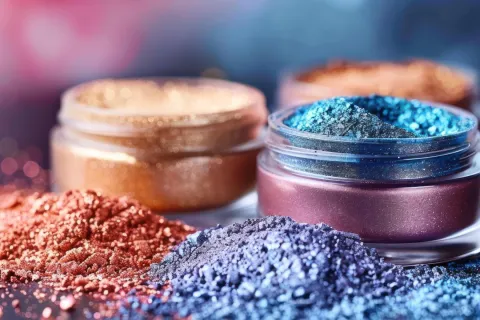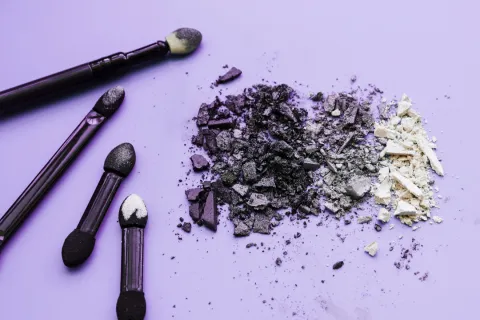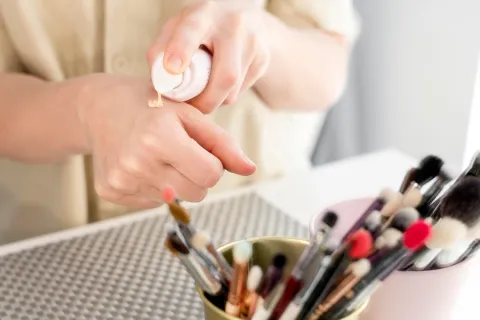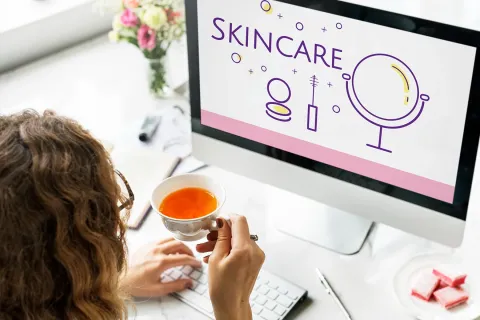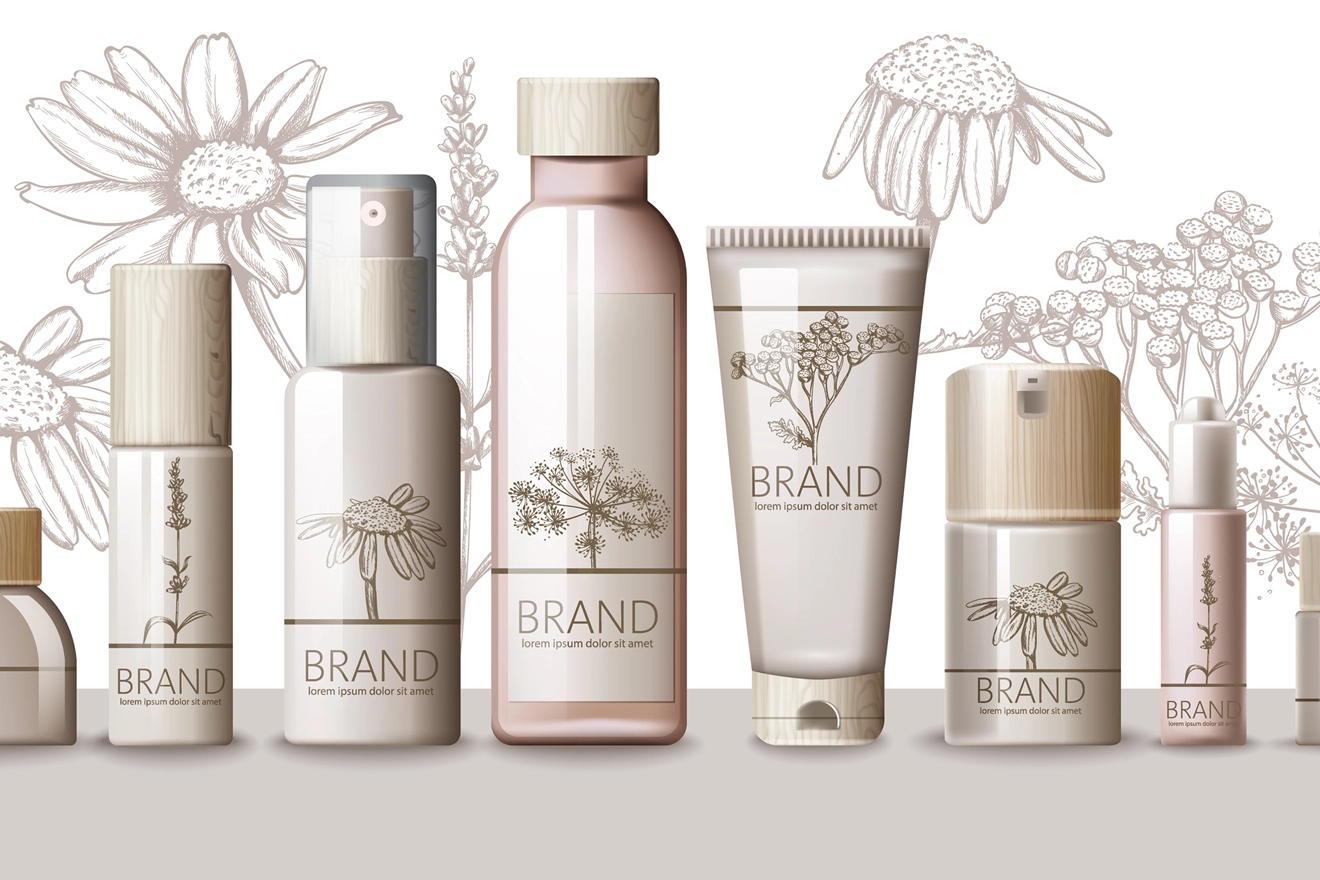
Due to the growing young population in the country, the cosmetics market of India is proven to be lucrative for manufacturers across the world. The continuous evolution of the industry is driven by the growing awareness of the consumers about their personal care needs, thus, fuelling the demand for local as well as internationally manufactured innovative products. This is leading to cosmetics companies thrive to launch their products in India. However, to successfully enter the Indian cosmetics market, it is crucial for manufacturers to be in-line with the local regulations.
In order to ensure compliance in India, manufacturers must always keep abreast with the evolving Regulatory landscape of cosmetic products. In India, according to the Central Drug Standard Control Organization (CDSCO), under Drugs and Cosmetic Act 1940 & Rules 1945, a cosmetic product is defined as any product which is intended to be rubbed, poured, sprayed or sprinkled, and can also be applied to the human body for cleansing, moisturising, beautifying or altering the appearance. As per the Cosmetic Rules 2020, any cosmetic product which is imported in India must be made on Form COS-1 either by the manufacturer or an India-based authorized agent to obtain the required Registration Certificate on Form COS-2.
Apart from the demand for innovative products, there is also a constant buzz around the market of novel cosmetic products. And this new segment of products, i.e., novel cosmetics, has increased the importance for Cosmetic Product Safety Assessment regulations. To register a novel product in India, manufacturers/importers are required to submit an application in Form COS-12 to the CDSCO and the required registration certificate can be obtained in Form COS-3.
Considering this increase in demand for cosmetic products in India, the CDSCO is relentlessly working towards streamlining the regulations pertaining to these products. With the introduction of Cosmetic Rules 2020, it is safe to say that the CDSCO is aiming towards aligning with the global cosmetic standards. Therefore, manufacturers entering the Indian market must be vigilant while decoding cosmetic product regulations to avoid any last-minute challenges. In such a scenario, consulting a Regulatory expert with a strong presence in India can prove to be beneficial. Stay compliant. Stay safe.
